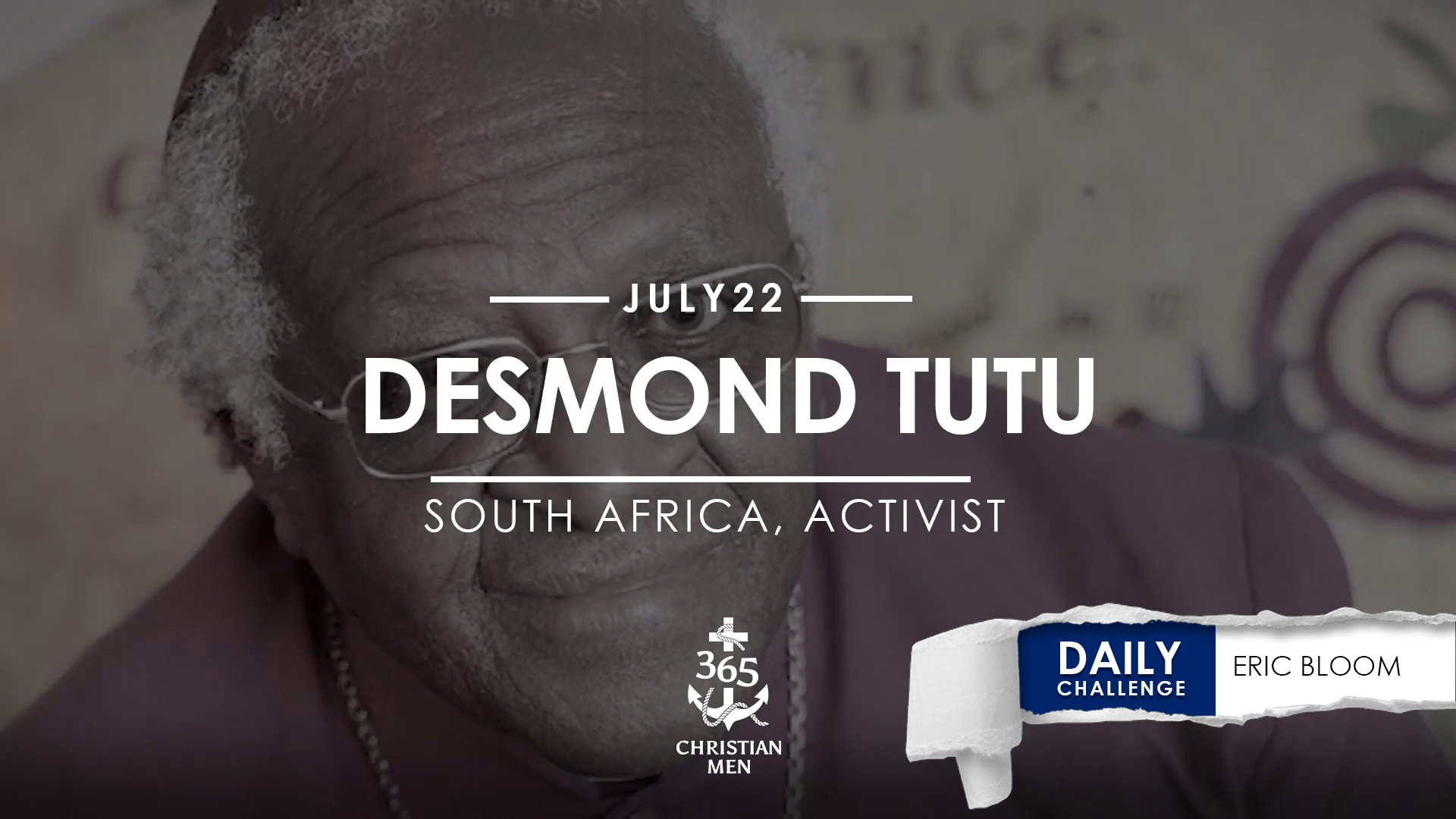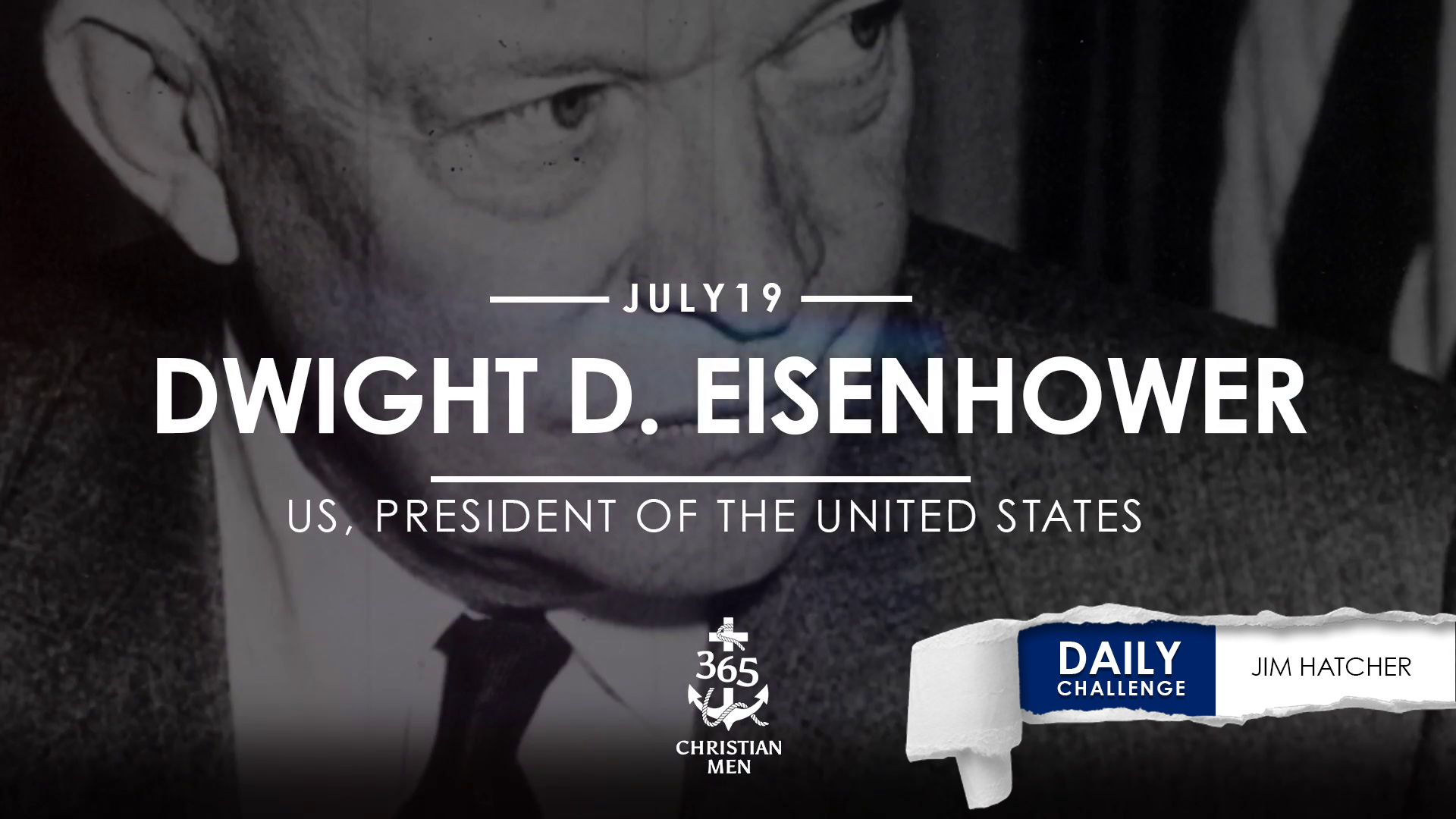July 23. Mincaye. Mincaye is a man with a history.
Here’s what happened: missionary pilot Nate Saint, with four other missionaries, was killed when they tried to befriend the Waodani tribe, at the time, known as the most violent society on earth.
The Waodani culture was changed by the Gospel of Christ, brought to the tribe by a small group of missionaries and a Waodani woman who had fled the tribe and later returned to teach her people about Jesus. Mincaye was one of the spear-wielding tribesmen who had killed the missionaries. On this date in the year 2000, Mincaye was in the US with Steve Saint when tragedy struck.
When your life has been transformed, be intentional. Give back.
Deep in the jungles of Ecuador, Mincaye—a Waodani warrior—befriended a skinny nine-year-old boy named Steve Saint. And Mincaye called the boy “Babae.”
Four years before, Mincaye—and some other warriors—had surrounded and murdered the boy’s father, missionary Nate Saint. Now the boy had come back to the jungle to visit the current missionaries.
“[The boy] can’t make poison darts or use a blowgun,” Mincaye told the boy’s aunt. “He can’t pole a canoe. He can’t build a house, or climb trees, or track animals. He doesn’t know anything. Who’s going to teach him to live?”
The boy’s aunt looked Mincaye in the eye and asked him—in light of the fact that Mincaye had speared the boy’s father to death—“Who do you say should teach him to live?”
Mincaye walked away.
When she had first told Mincaye about the Creator’s Son, Mincaye had said he could not see the Creator’s trail. Then Jesus’ blood cleaned him, and Mincaye began to see like a clear sky with no clouds in it.
Mincaye returned and told her, “I having spear-killed his father, I myself will teach Babae how to live.”
During school vacations, when Babae visited, Mincaye treated him like family. And Babae learned to hunt monkeys. To climb tall, palm-like trees, his ankles wrapped with a vine. To spear fish. Mincaye helped Babae become a man.
Later, Babae married and brought his family to live with Mincaye and his people. Mincaye adopted Babae’s children as his grandchildren—and helped baptize them. They called him Grandfather Mincaye. And Mincaye “saw it well.”
When Babae’s family moved to Florida, Grandfather Mincaye visited them. One day, while Mincaye stayed with Babae, a hard, hard thing happened. Babae’s only daughter Stephenie (called Nemo) was rushed to the hospital. She had suffered a brain aneurysm.
As medical personnel rushed about, Mincaye became agitated. Babae was in despair. Mincaye grabbed him and said he “saw what was happening well.”
“Don’t you see? [The Creator] [who loves Stephanie] … is taking her to live with Him now.” Mincaye said, “Being an old man, I will go live there, too, very soon.… Stephanie and I will be there waiting. Happily, to greet you.” The raw grief on Babae’s face remained, but the hopelessness faded.
When it was time to return to the jungle, it was hard for Mincaye to leave.
One day, Mincaye had a premonition that Babae had been hurt. People said Babae was fine, but Mincaye asked people to phone America.
Mincaye was right.
He and his wife traveled to Babae’s house and stayed six weeks. Babae’s wife cared for Babae as a quadriplegic and for Mincaye and his wife. Mincaye and Babae talked and laughed as Babae struggled.
One Sunday Mincaye went to church with Babae’s family. Babae sat in a space reserved for wheelchairs. When it was time for communion, Mincaye rushed to help him. He grabbed one handle of the wheelchair, and Babae’s son, Jaime, grabbed the other. Three generations—made family by the blood of Jesus—celebrated Communion together.
As Mincaye prepared to return to the jungle, Babae was sad. Once he had longed for the presence of his dad, who Mincaye had killed. Now he yearned for Grandfather Mincaye’s presence.
After all, Mincaye himself had taught Babae how to live.
“And walk in the way of love, just as Christ loved us and gave himself up for us as a fragrant offering and sacrifice to God” (Ephesians 5:2 NIV).
When your life has been transformed, be intentional. Give back.
Based on an interview with Steve Saint.
Saint, Steve. End of the Spear. Wheaton, IL: Tyndale House Publishers, 2005.
Would You Like to Learn More About This Man?
Missionary pilot Nate Saint, with four others: Jim Elliott, Pete Fleming, Ed McCully, and Roger Youderian, was killed when they attempted to befriend the Waodani tribe, then known as Aucas—or “naked savages.” At the time the most violent society on earth, the Waodani culture was changed by the Gospel of Christ, brought to the tribe by Nate Saint’s sister, Rachel, Jim Elliot’s wife Elisabeth, and Dayuma, a Waodani woman who had fled tribal killing and later returned to teach her people about Jesus.
Story read by: Daniel Carpenter
Introduction read by: Daniel Carpenter
Audio production: Joel Carpenter
Editor: Teresa Crumpton, https://authorspark.org/
Project manager: Blake Mattocks
© 2020, 365 Christian Men, LLC. All rights reserved.














